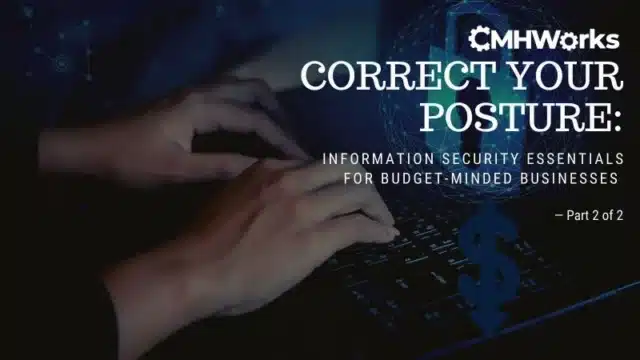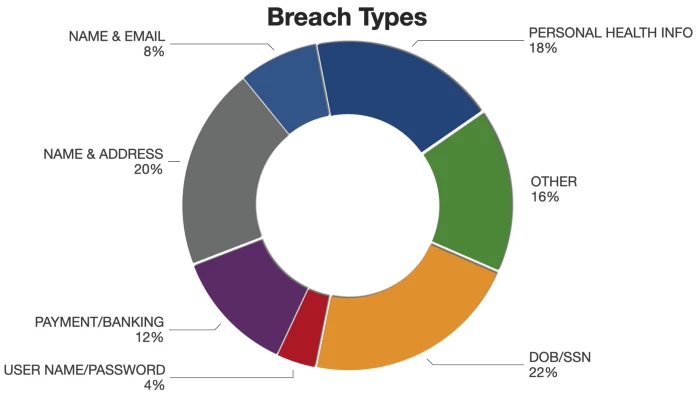Category: Outsourcing

Fractional Tech Expertise – Defining The Need

InfoSec Essentials on A Budget — Part 2 of 2
Part 1 of our information security article focused on defining and discussing the importance of a proper security posture for small and medium-sized businesses. Now let’s review the potential costs of doing so.
Is infosec possible for budget-minded businesses?
If hiring a full-time chief information security officer (CISO) or information security analyst is too expensive, and employees don’t have the time or knowledge to handle infosec themselves, what are SMBs to do? Some mistakenly believe that moving their IT operations to a public cloud provider like AWS or Microsoft Azure will take security problems off their plate. This is because many cloud hosting providers have some security and compliance features built in. But are they enough to fully satisfy the standards of actual clients?
Read the entire article on Medium.

InfoSec Essentials on A Budget – Part 1 of 2
The IT Security fears that keep companies up at night are particularly pressing lately in the area of information security — commonly referred to as infosec — which primarily revolves around securing data from unauthorized access. An ever-expanding attack surface, novel threat types, high-profile data breaches in the news and new privacy legislation like GDPR and CCPA have many companies questioning whether they have their infosec act together.

In an exacerbating twist, the escalating squeeze on data security and compliance comes at a time when data analytics to improve marketing, sales and product strategies is all the rage. Many are suddenly unsure about what is okay and not okay in terms of customer data use considering the new privacy legislation. Needing kid gloves to handle data isn’t just the problem of companies in sectors like healthcare and financial services anymore. Thanks to these trends, just about everyone’s grumbling about it.
Read the entire article on Medium.

Outsource Time-Consuming B.S. to Accelerate Your Business
Why do businesses outsource? There are more reasons than the chorus of “cost cutting” would have it. Obviously, reducing spend may be one of them, but there are many others. It depends in part on what they are outsourcing. Large corporations may outsource key activities, like manufacturing or supply chain management.
Other businesses and entrepreneurs may outsource peripheral tasks so they can focus more on core competencies. There are many such tasks that go into running the engine of business each day, such as: bookkeeping, accounting, call-center operations, human resources, logistics and shipping, and infrastructure maintenance — or, if you please: a bunch of time-consuming B.S. (that is, business services).
Read the entire article on Medium.